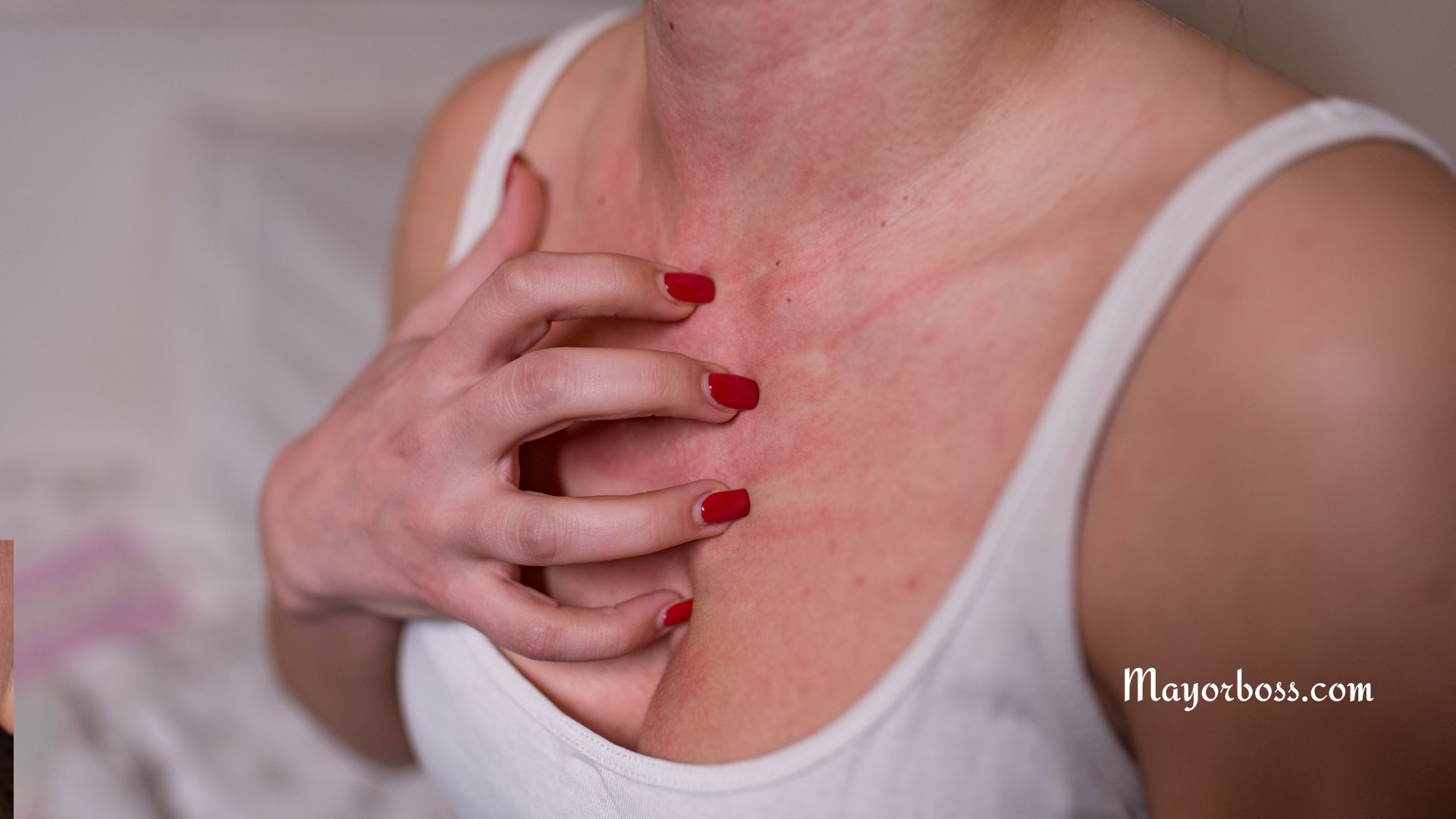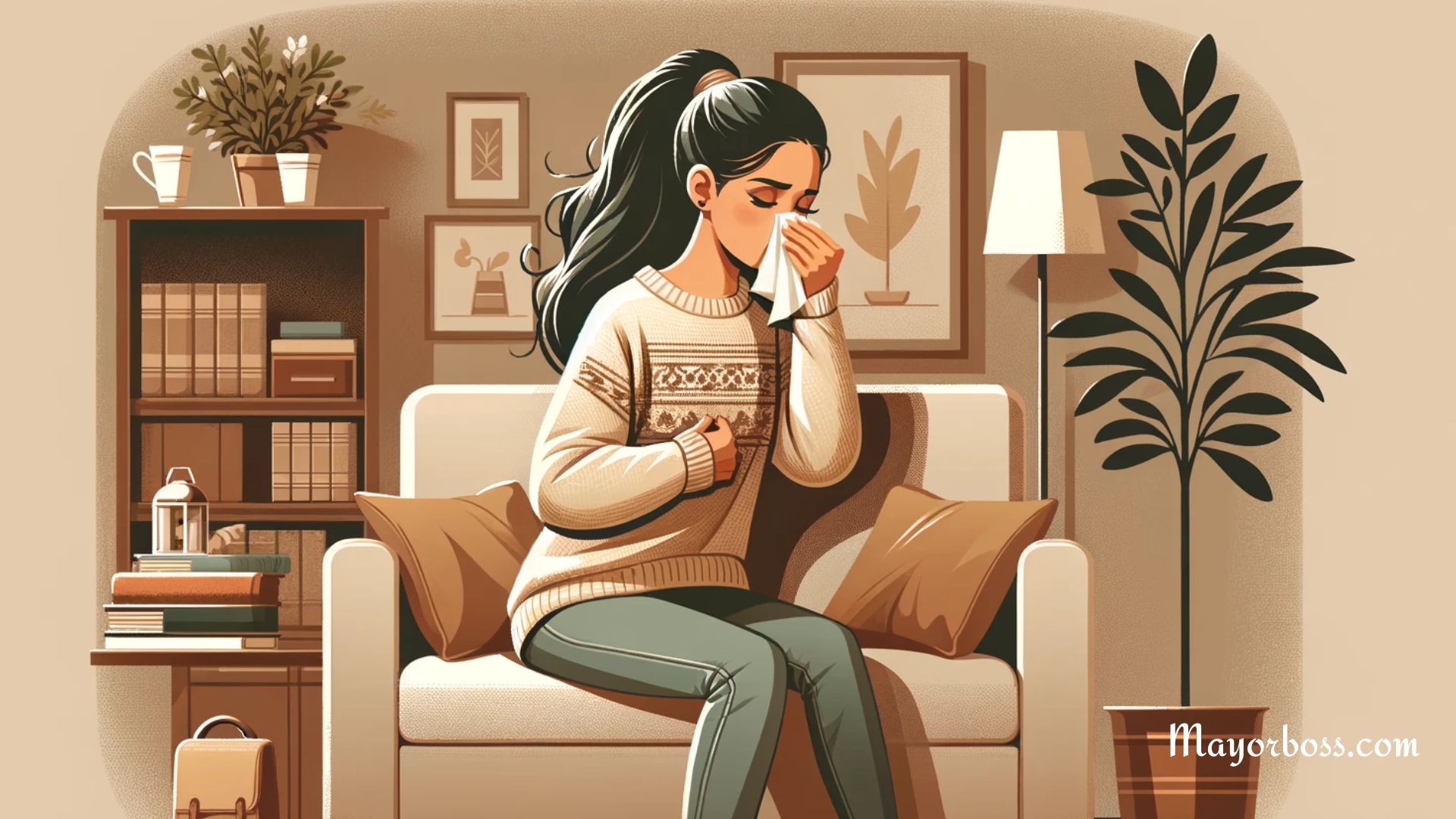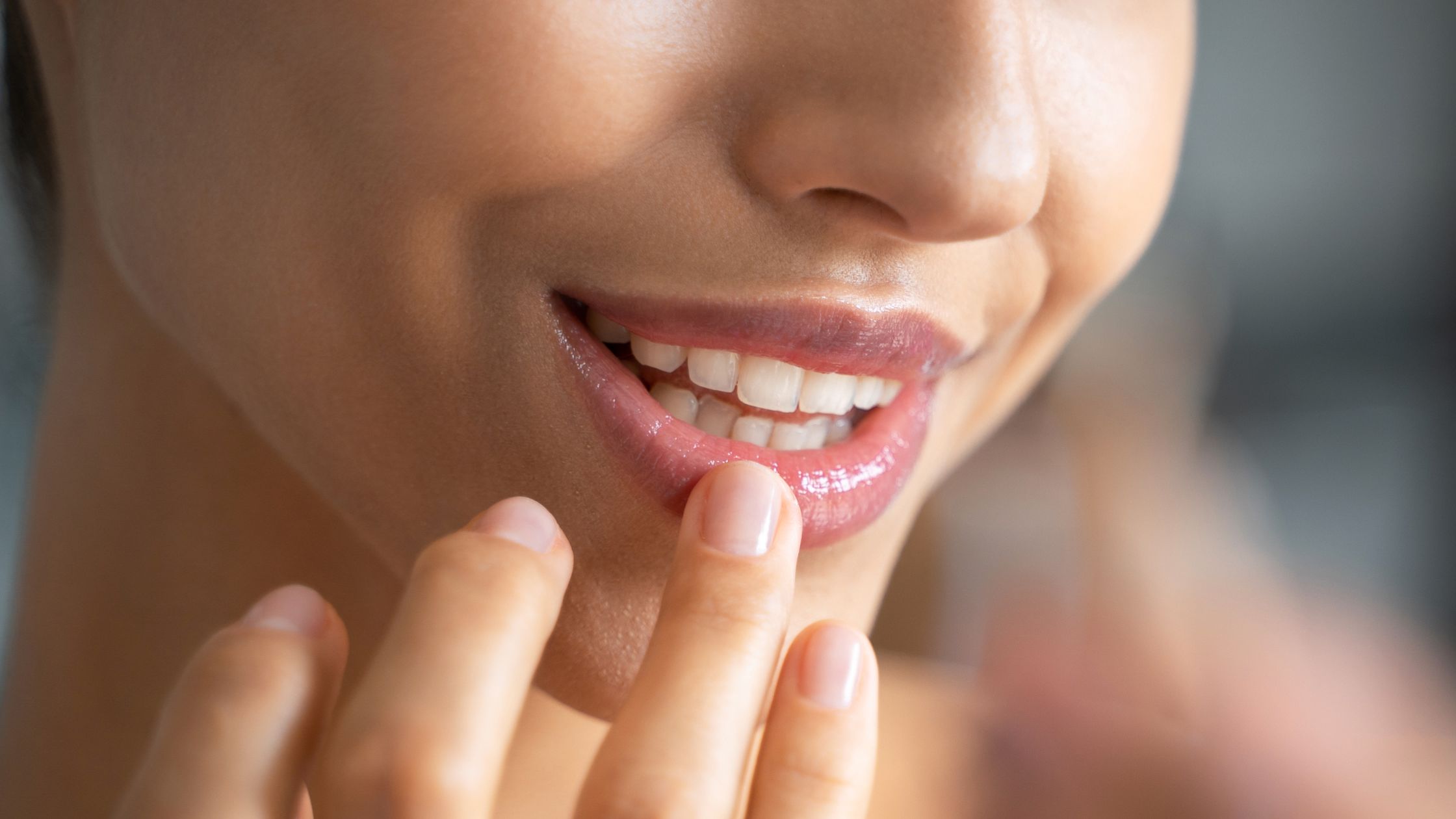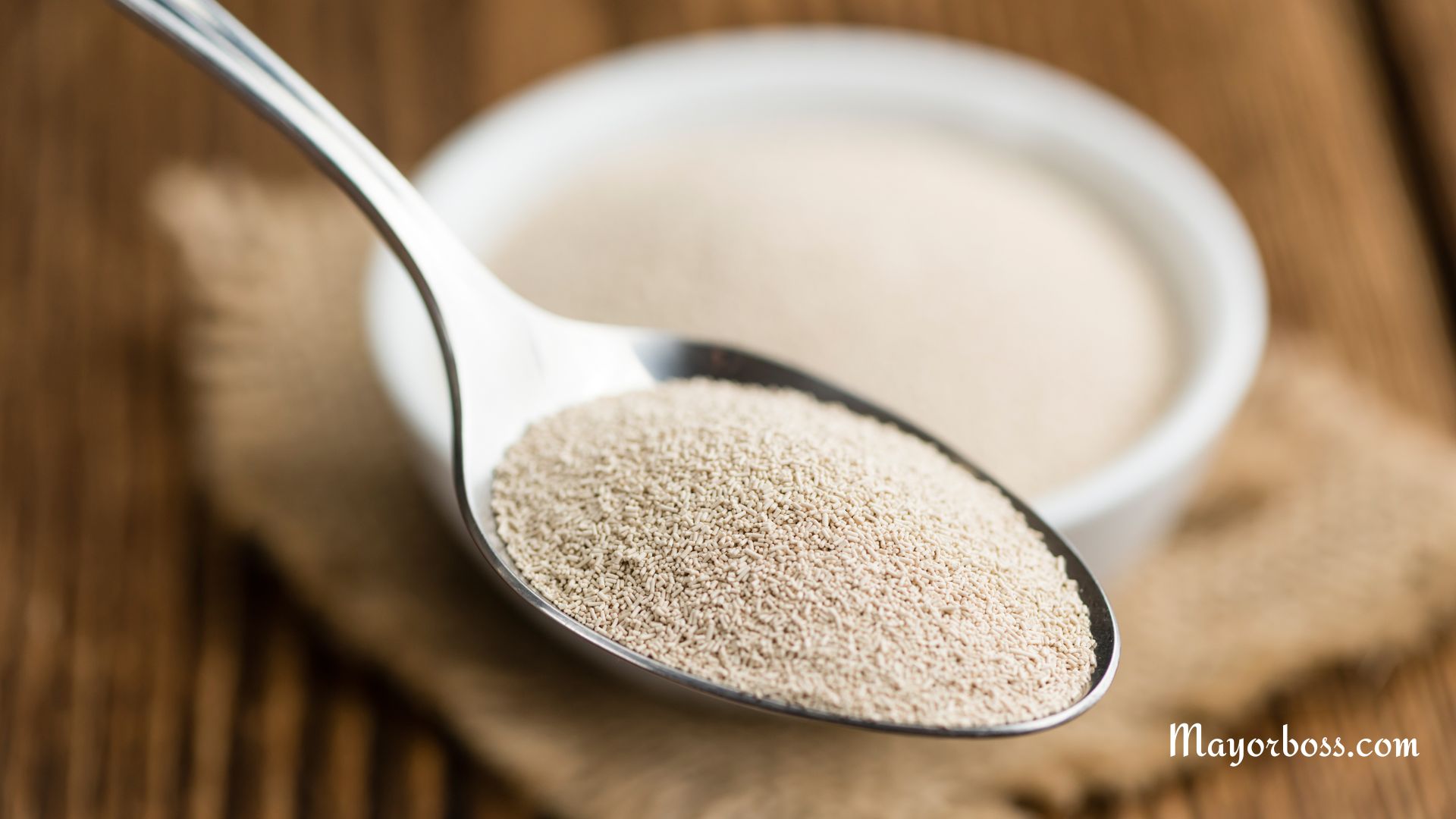6 Reasons Your Skin Itches Uncontrollably and What to Do
An itchy skin can feel like a tiny torture chamber all of its own, especially when you don’t know why it’s happening. Possible culprits range from dry skin and allergies to more serious issues like liver problems or skin conditions. Knowing the cause can help you find relief fast.
Here are six reasons why your skin might be itching uncontrollably and what you can do about it.

Allergies
When you’re itching like crazy, allergies might be your invisible reason. You could be allergic to anything from soap, latex, pollen, fragrances, shampoos, or even food. Usually, the itchy sensation happens soon after exposure to the allergen.
What to do: You can try over-the-counter antihistamines to calm the itching. Also, stay away from what you suspect is causing the allergy. If it doesn’t get better, consult a healthcare provider for allergy testing.
Dry Skin
Believe it or not, dry skin is a common reason for itching. Especially during winter, your skin may feel like a desert.
What to do: Moisturize. Use a hydrating lotion or oil, preferably right after you shower. This will help lock in the moisture. A humidifier in your home can also keep the air from getting too dry.
Stress
Yes, stress can actually make you itch. When you’re stressed, your body releases a hormone called cortisol. This hormone can make your skin more sensitive and prone to itching.
What to do: Relaxation techniques such as deep breathing, yoga, or even a short walk can help. If stress continues to be a problem, consider speaking to a healthcare provider about other stress-management strategies.
Bug Bites
Mosquitoes, bed bugs, and other pesky critters can make your skin their snack bar. These bites can cause severe itching and discomfort.
What to do: Apply a cold compress to the affected area and consider using a topical anti-itch cream. If the itching persists, consult a healthcare provider for additional treatment options.
Medical Conditions
Sometimes, itching can be a symptom of a more serious medical condition. Conditions like liver disease, kidney failure, diabetes, HIV, multiple sclerosis, overactive thyroid gland or even some cancers can cause itching.
What to do: If you’ve tried various remedies and the itching continues, don’t hesitate to consult a healthcare provider. They can run tests to rule out more serious conditions.
Medications
Certain medications can cause itching as a side effect. These can range from aspirin, antibiotics to blood pressure medications.
What to do: If you suspect that a medication is causing your itch, consult your healthcare provider. They can adjust your dosage or prescribe a different medication that might not cause itching.
Frequently Asked Questions (FAQs)
Can Diet Affect Skin Itching?
Absolutely, what you eat can impact your skin’s condition. Foods high in histamines like tomatoes, spinach, and alcohol can make your skin itchier. To deal with this, try eliminating these foods from your diet for a couple of weeks. Add them back one at a time to see if the itching returns. If it does, you may have found the culprit and should consider avoiding it.
Is Itching at Night a Different Problem?
You’re not imagining things; itching can feel worse at night. This can be due to lower cortisol levels in the evening or simply because you’re more aware of it when you’re trying to fall asleep. Keep your bedroom cool and use breathable bedding. Consider applying a moisturizer before bed, and if needed, take an over-the-counter antihistamine that’s safe for nighttime use.
Can I Use Home Remedies for Itching?
Sure, home remedies like oatmeal baths or applying cold aloe vera gel can provide temporary relief. Try soaking in a lukewarm oatmeal bath for about 15-20 minutes. You can also apply aloe vera gel to the affected area for a cooling effect. However, if the itching continues, consult a healthcare provider for a more targeted treatment plan.
What Are Some Common Allergens That Cause Itching?
Common allergens include pollen, pet dander, mold, and certain foods like peanuts or shellfish. Even laundry detergents or body soaps can trigger it. Switch to hypoallergenic soaps and detergents. If you’re outdoors a lot, consider taking a shower as soon as you get home to wash off any pollen or other potential allergens. If allergies persist, it might be a good idea to get tested to identify the specific allergens affecting you.
How Long Should I Wait Before Seeing a Doctor?
If you’ve tried over-the-counter treatments and home remedies but the itchiness persists for more than two weeks, it’s time to consult a healthcare provider. Don’t ignore ongoing itchiness, especially if it’s affecting your quality of life or sleep.






